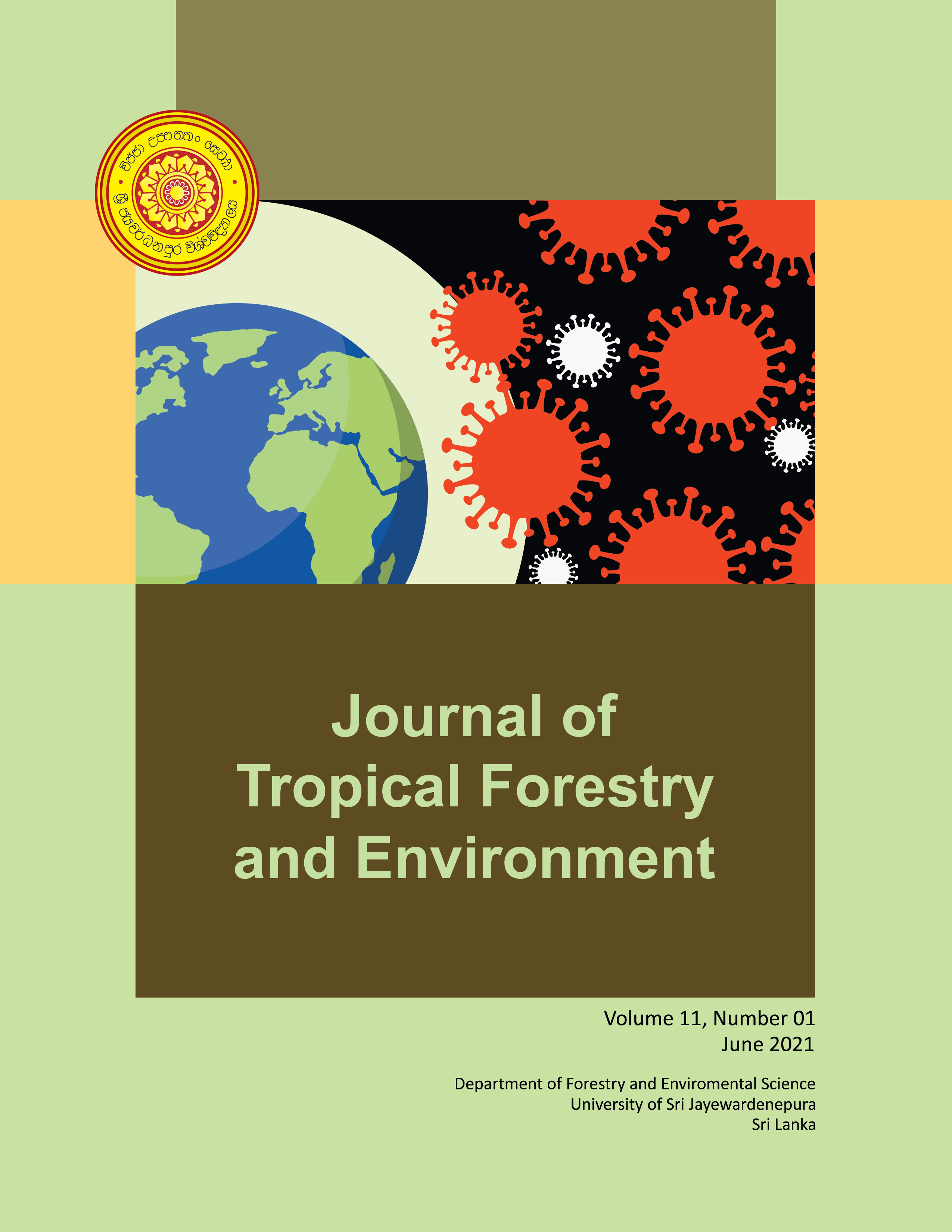Origin and Transmission of Covid-19 as a Negative Outcome of Anthropogenic Ecocide
Abstract
COVID-19 has become a global health burden that costs millions of human lives and causes collapsing health systems due to overcrowded hospitals, emergency services, intensive care units and exhausted staffs during last two years. There are plenty of scientific studies published on the origin, transmission, spread and emergence of pathogenic agent of COVID-19 as well as the prevention, diagnosis, management, prognosis of the clinical conditions of the infection. The relationship between ecosystem degradation and biodiversity loss associated with anthropocentric development model that facilitates the viable hosting atmosphere for vector-borne and zoonotic diseases is being revisited and reviewed in a wider aspect with respect to this pandemic. Therefore COVID-19 pandemic build up a vital platform for profound international responses with social, political, economic, and environmental implications that address social and economic development, climate change, and biodiversity issues
together with public health. Under the One Health concept many international organizations work closely together with conservation experts and health professionals in research, capacity building and networking to reduce the likelihood of future pandemics. In this context scientists call for an integrated global action and rapid political response in ecosystem management with a multi-disciplinary approach for the future interventions by emphasizing the importance of environmental sustainability for
controlling such outbreaks.
Keywords: COVID-19, zoonotic dieseses, emerging infectious disease (EID), biodiversity loss, ecosystem balance
Downloads
Published
How to Cite
Issue
Section
License
The publisher retain the copyrights of contents published, and all open access articles are distributed under the terms of the Creative Commons Attribution-Noncommercial-No Derivative Works 3.0 Unported License[U1], which permits unrestricted use, distribution and reproduction in any medium, provided that the original work is properly cited.
You can download the Legal Code for this License at: http://creativecommons.org/licenses/by-nc-nd/3.0/legalcode


